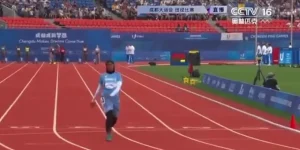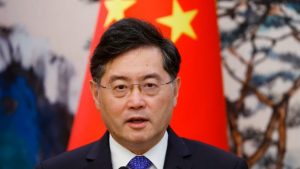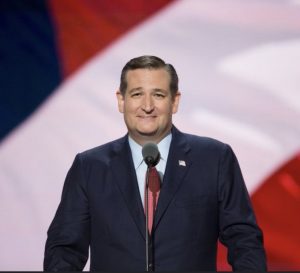Taiwanese regulators declined to renew the licence of a major news channel Wednesday, saying interference by its staunchly pro-China owner had violated press freedom.
The unanimous decision by the National Communications Commission targeting CTi is the first time it has rejected a news channel’s licence.
Regulators took aim at the station’s major shareholder Tsai Eng-meng, the billionaire head of food company Want Want and a businessman with extensive investments in mainland China.
He has sparked criticism in the past for being overtly pro-Beijing and imposing his political preferences on the media outlets he owns.
The NCC accused Tsai of making direct and indirect interventions in news coverage by CTi.
“This is to tell all conglomerates that want to buy the media to respect journalistic professionalism and independence… to keep their proper distance,” NCC chairman Chen Yaw-shyang told reporters after the ruling.
Unlike authoritarian China, where the state-run media is heavily censored, democratic Taiwan has a lively, free and often rambunctious press.
Many of the large media outlets are openly partisan, backing Beijing-friendly politicians or their opponents.Taiwan is self-ruled but claimed by China, which has vowed to one day seize it.
Beijing openly advocates for politicians or parties that favour closer ties with the mainland and loathes current leader President Tsai Ing-wen because she views the island as sovereign and not part of “one China”.
Tsai’s ruling Democratic Progressive Party (DPP) said it respected the NCC judgement.But the opposition Kuomintang party — which favours closer ties with Beijing — slammed the move.
“It is completely and utterly hypocritical for governments to invoke press freedom only when it fits their agenda,” tweeted KMT chairman Johnny Chiang.
Reporters Without Borders (RSF) said it supported the decision stating “press freedom does not mean the absence of regulation.”
It called for NCC to make public all the evidence it examined and apply the same standards to all future license reviews regardless of their political orientation.
CTi slammed the decision, writing on its Facebook page: “Freedom of the press is dead,” and adding it would appeal.
According to NCC, CTi received the highest number of public complaints in recent years and has been fined 23 times by regulators, often for poorly-sourced or incorrect reporting.
One example was a false report that local farmers had to dump massive quantities of pomelo fruit last year because they were unable to sell their produce to mainland China as relations soured.
Some analysts and DPP lawmakers had also accused CTi of spreading disinformation to fan anti-government sentiment in the run-up to the January presidential election.
Allegations had swirled over Chinese spying and influence operations ahead of the vote, prompting the DPP-dominated parliament to enact an “anti-infiltration bill” late last year.
Beijing has stepped up military and diplomatic pressure on Taiwan since Tsai came to power in 2016.
But the hardline campaign backfired with Tsai winning a second term in a landslide.aw/rma






